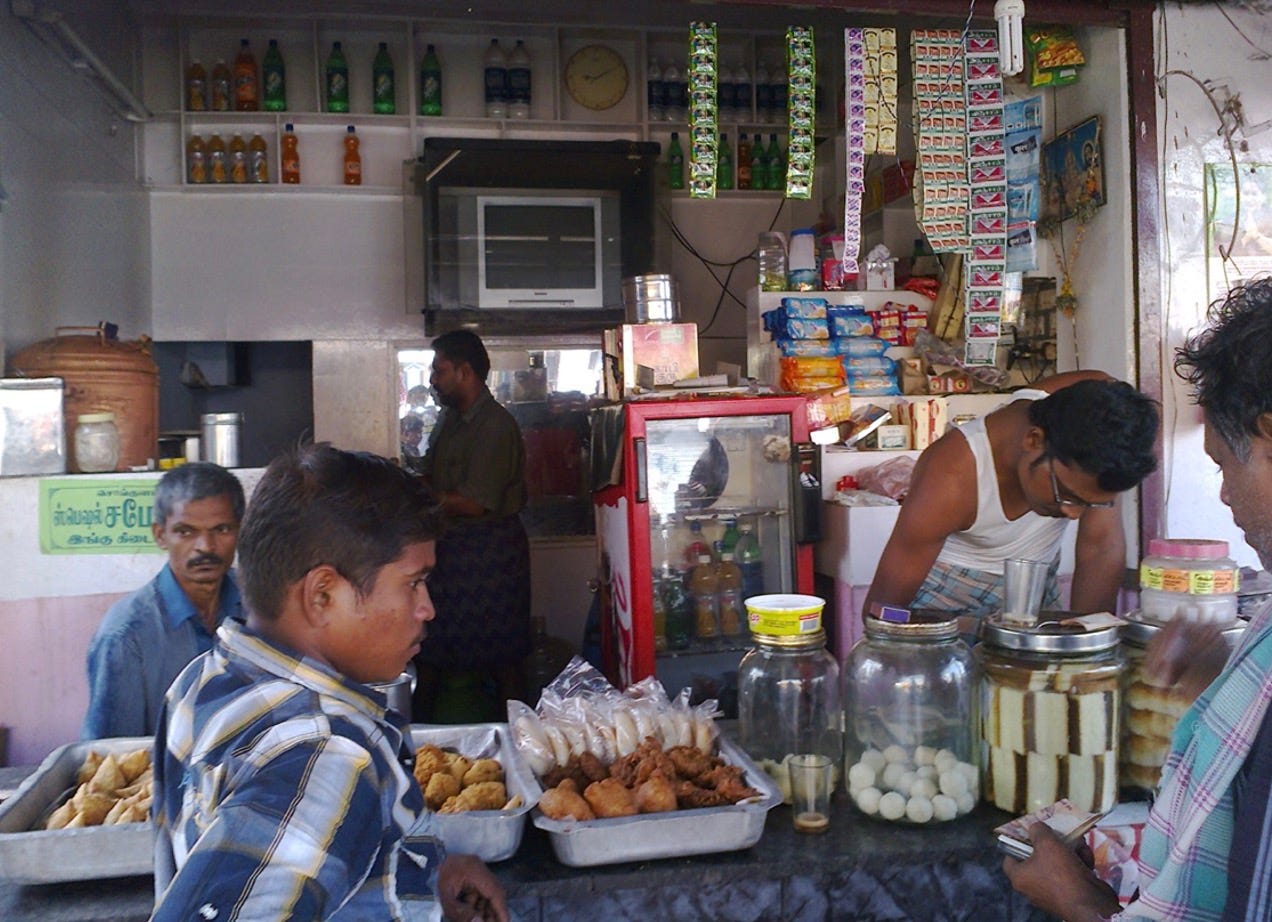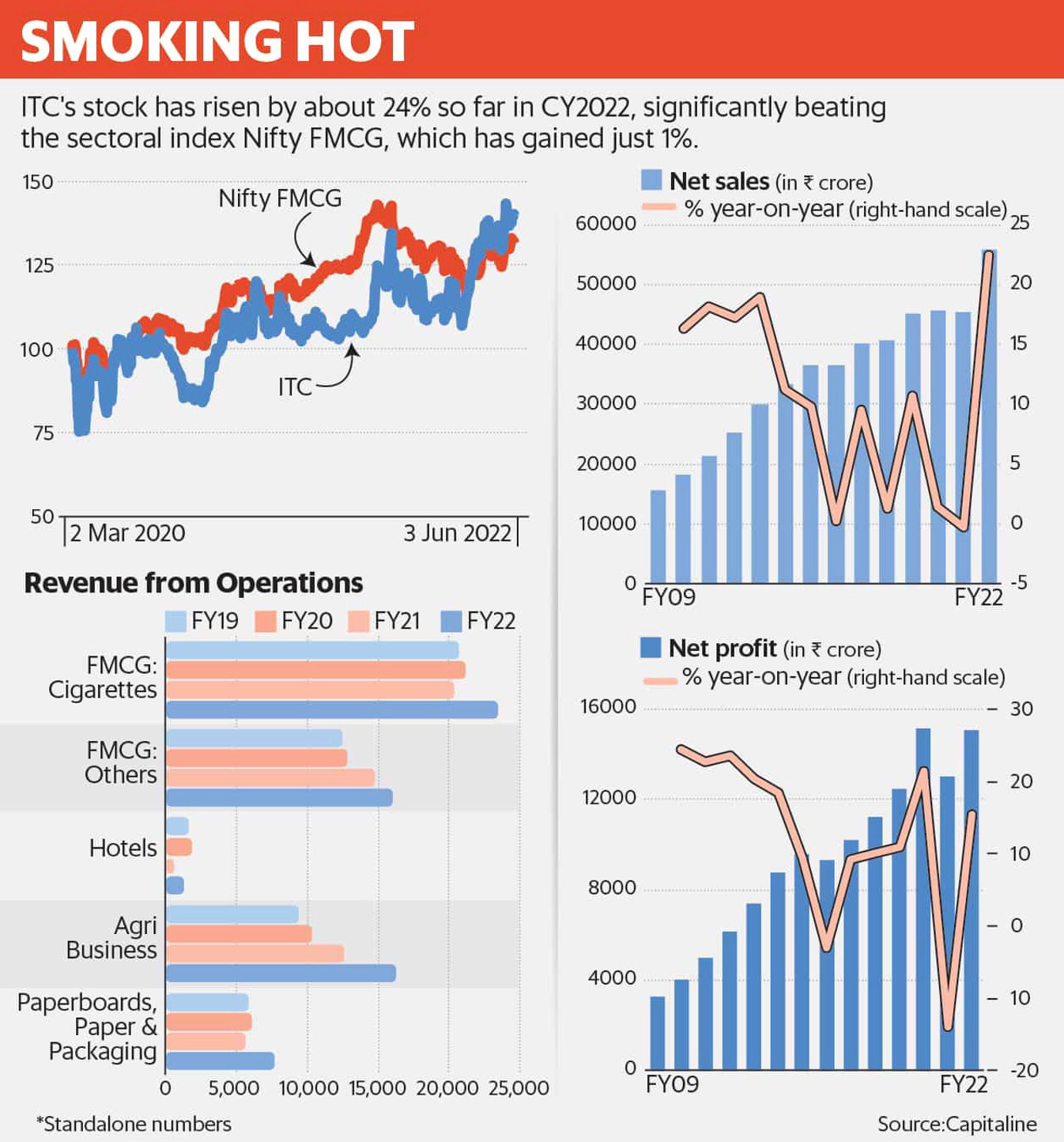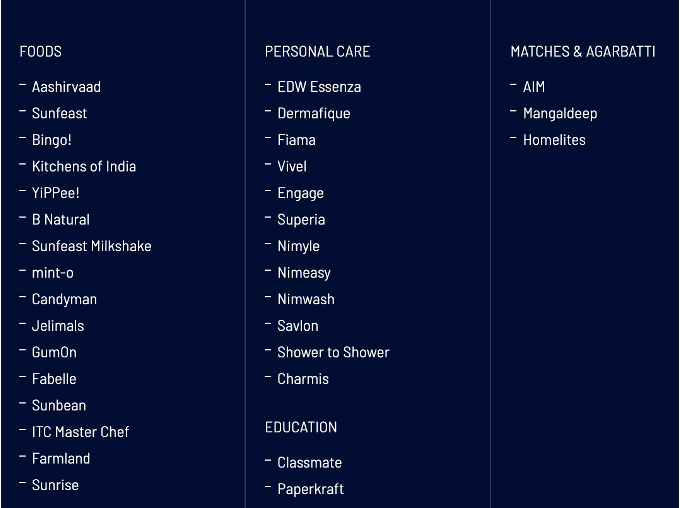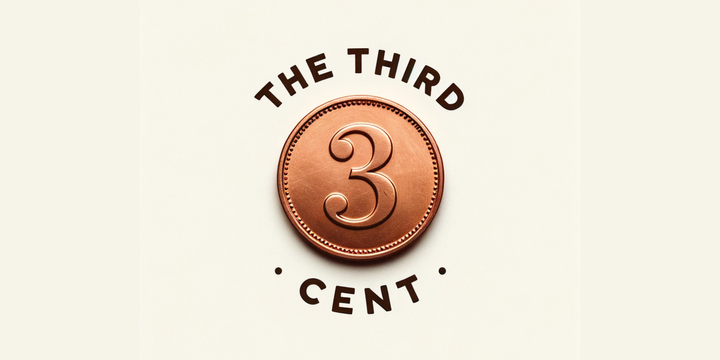Acquiring Sales Superpowers!

The Political Economy of Selling
Thomas Mann, the German novelist, once said, “Everything is politics”. The statement is short but carries profound meaning. Politics is one of those omnipresent things that one can never get rid of. As budding business executives, rest assured that you will experience varying degrees of politics in your own professions. Interestingly, there is a lot of politics in the field of sales too. Scholars refer to this as ‘political economy’, and it shall be the focus of our discussion today.
Political economy is described as the study of interrelationships among individuals, governments, and public policy. Understandably, this academic stream emerges from exploring the intersection between politics and economics. However, the subject is somewhat new when compared to politics and economics that can technically trace their origins to several centuries ago. The central premise of the political economy is that politics and economics cannot be separated from one another. In simpler words, wherever there is economics, there is bound to be politics. We discuss supply, demand, consumers, and a whole host of other economic ideas in our sales classes. Therefore, there should be some politics in the picture. Correct? Let me illustrate with a relatable, day to day example – The Tea shop around the street corner.

I’m sure you are familiar with tea shops. If you are not, you should pay them a visit. Just be sure to wear your marketer’s glasses when you go there. Near IIM Calcutta where I studied, these shops, in addition to serving super sweet chai in small mutkas (earthen cups), also sell ‘suttas’, or cigarettes. There are millions of Indians who love to smoke tobacco and have a cup of chai along with it. You know what else these ‘chai-sutta shops’ sell? Biscuits, small toffees, chips, cool drinks, soaps, and shampoos - all items that people need at convenient locations. You know what else is interesting here? Almost all the products categories I mentioned above are categories that ITC, India’s largest tobacco products makers makes. In fact, I should say, ‘increasingly makes’. I lifted the chart from a Mint article. It illustrates how ITC’s product mix has been changing over the last few years. The question that should arise in your minds is – why? What’s really going on here? Why is a Tobacco makers interested in selling FMCG products?

It’s a known fact that smoking causes cancer. When your product kills someone (like with the case of ITC), it is only natural that you look for ways to diversify and move into other related business. When ITC realized that there was no future in tobacco, they decided to move into FMCG and personal care categories. Why? Strategically, this made sense given that they had access to farmers directly though its e-Choupal system.
Those of you interested in finance and are fans of Aswath Damodaran and the likes, would be quick to point out how this sort of diversification takes the firm’s focus away from its core business and is detrimental to shareholder wealth.
But then, the marketers among you may want to say, why not? And that’s correct. Why not? Below is a snapshot of all of ITC’s brands. You may be quick to spot that most of the products are intensely distributed and many of them are sold through chai shops. The supply chain exists. Customers want convenience. Seems like this was waiting to happen, right?

Well, yes. It is true that this was bound to happen, textbooks and cases talk about it. Newspapers talk about it. But there is something that is not discussed in these media- the political economy. Let’s dig a little deeper. You see, there is an economic connection between ITC and the tea shops. There is also a political connection.
ITC’s cigarettes are in great demand and consumers are very brand loyal as far as getting cancer is concerned. This implies that the margin the firm gives the tea shops is pretty low. It used to be around 4-5 %. However, smokers also have chai, and that’s a 500% margin item (depends, but the margins are ridiculously high across the nation). A good chaiwala knows that he should always have cigarettes in stock with him. In case he runs out, he cannot sell chai. Don’t believe me? Next time when you visit a chaiwala just observe, if someone does not find his preferred cigarette, he/she might go to another chaiwala. That is how powerful the relationship is.
Now, think about the ITC salesman. The man from the distributor outlet who services the stores and ensures order fulfillment. He knows that this economic structure gives him some power. The power to coerce. ITC salespeople across the county basically told their retail partners that they needed to buy products from their food and personal care categories (full list of products found below) for them to continue supplying cigarettes to them. That’s how ITC managed to climb up the FMCG ladder quickly and profitably while HUL and P&G had to toil their way up over decades.
When you are in sales, it is of critical importance for you to start seeing phenomena through a political economy perspective. Doing so gives you superpowers. Remember that I told you once in class that salespeople need to be consultative in their approach and help their clients add value.? Another route to achieve sales growth is through coercion. But then, keep in mind that your supply chain is basically a goose that lays golden eggs. There is only so much you can coerce it. If you provide economic benefits while coercing your supply chain, they may be willing to give you political points in exchange. Points that you can use to thwart your competitors and improve your own strategic position in the market. In many ways, being able to see the political economy of things is a superpower that salesmen acquire over time.
Do you feel similar phenomenon exists in other places as well? Try and find out.
Hint: You can start by looking at the petrol pump nearby.



